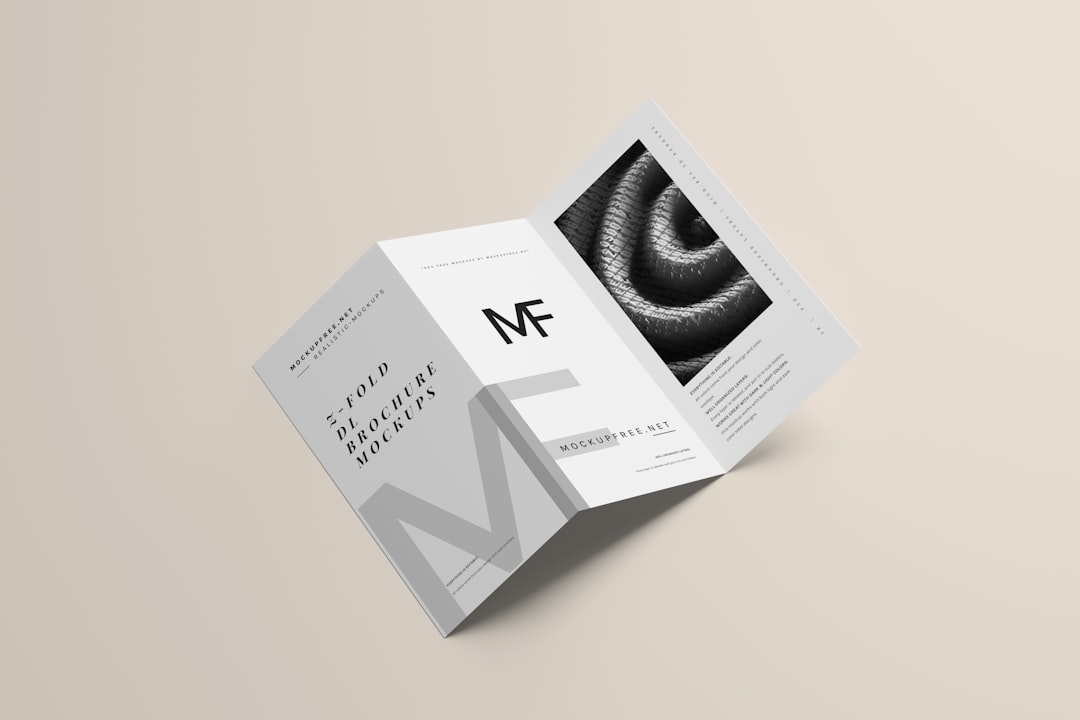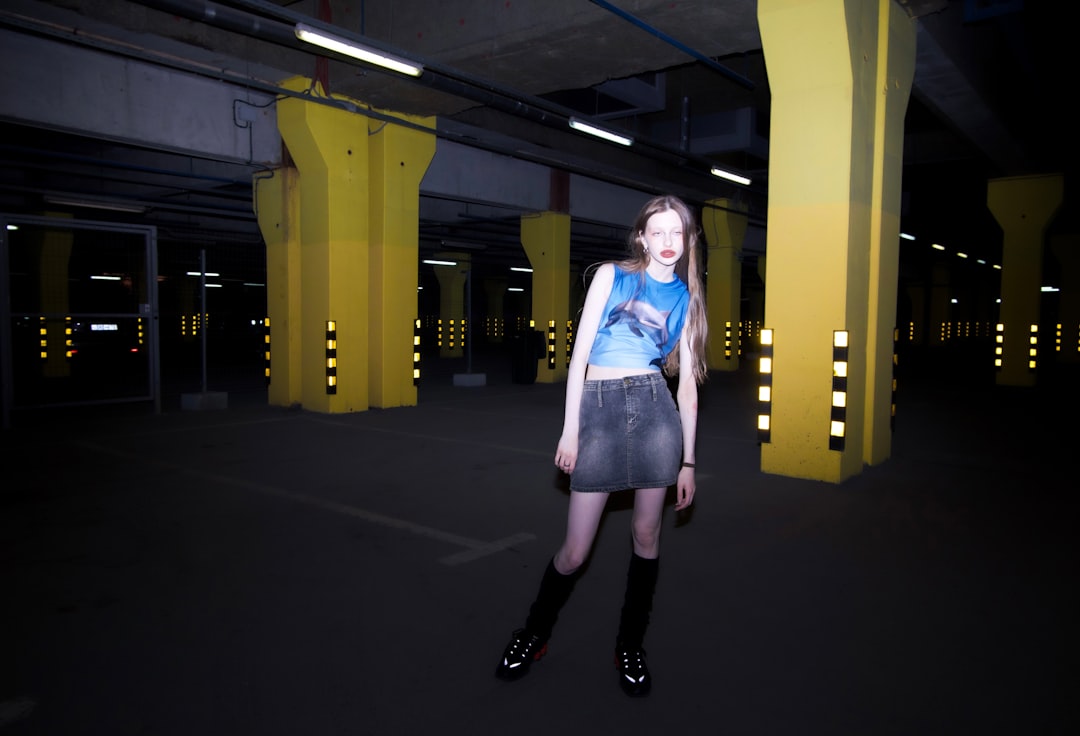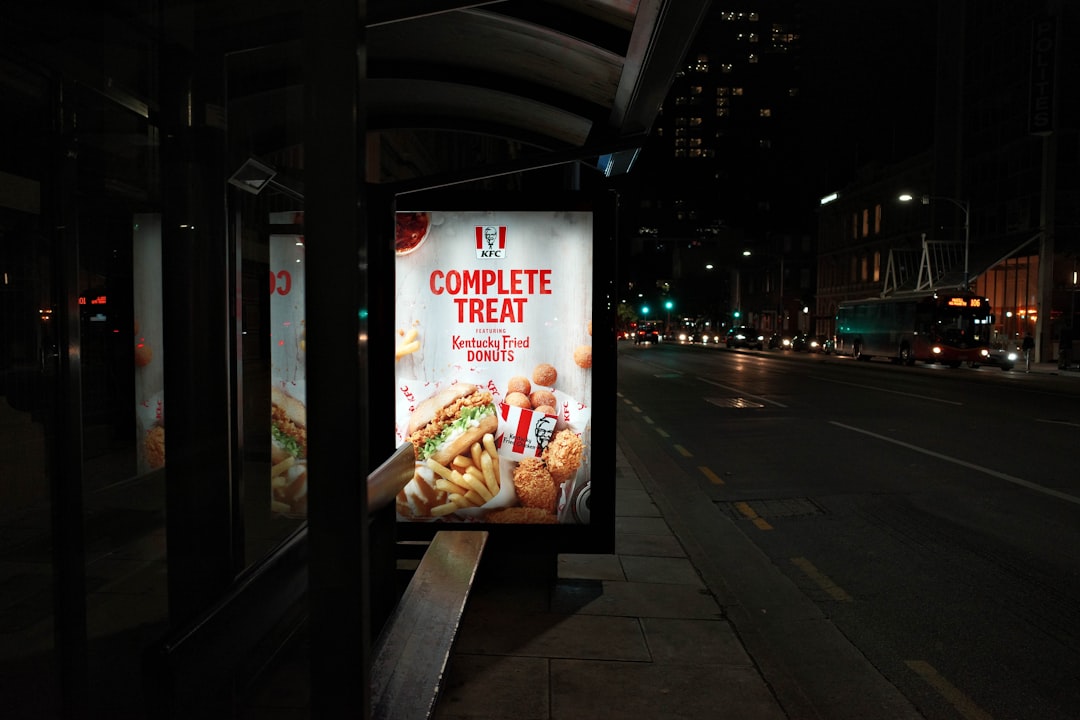The Emergence of Virtual Influencers: Transforming Fashion Marketing
In 2023, the fashion industry is seeing a fascinating shift as AI influencers become central in marketing strategies. As more brands recognize the impact of these digital personas, it’s clear that virtual influencers are reshaping consumer engagement. This post explores the implications of AI influencers in fashion marketing and what brands can gain from this trend.
Why AI Influencers Matter
- Explosive Growth: The rise of AI influencers is projected to continue, especially within luxury fashion brands.
- Innovative Engagement: These digital avatars provide unique, interactive ways to connect with audiences.
- Cost Efficiency: Virtual influencers can significantly reduce costs associated with traditional influencer campaigns.
How Brands Can Leverage AI Influencers
For brands, engaging with AI-generated influencers opens new avenues for creativity and connection. They offer a blank canvas for storytelling, allowing brands to experiment without human behavior constraints. However, brands should be aware of potential challenges like authenticity issues and audience perception.
Accordingly, collaborating with established AI influencers like Lil Miquela and Shudu can enhance visibility and relevance. These virtual personalities have massive followings and provide innovative ways to reach diverse audiences, which traditional marketing strategies may not achieve.
What’s Next for AI Influencers?
As technology evolves, the future for AI influencers looks promising. The ability to create lifelike, relatable characters will enhance their appeal in the marketing world. Brands should embrace these advancements to stay ahead in this competitive landscape.
By exploring the emerging capabilities of AI influencers, brands can make informed decisions that resonate with consumers seeking fresh, engaging content.
Discover Our Latest Insights


The Rise of Virtual Models: A New Era at London Fashion Week

South Korea’s New Rule: Mandatory Labels for AI-Generated Advertisements
Ready to reach new heights?
For every 1$ you spend on influencer marketing, your brand earns $5.20 in ROI.
Kickstart your influencer marketing-led social-first advertising strategy.
